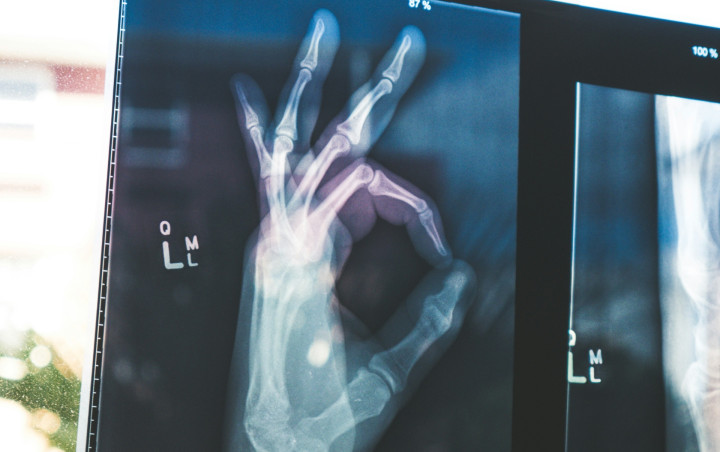Healthcare
Transparent, accessible and cost conscious healthcare services for the whole population.

Societies in Europe face similar challenges: an aging population and exploding health care costs, specialised staff is in short supply and the number of workers financing the health care system is shrinking Slovenia is no exception: we rank below the EU average with only 3.3 doctors per 1000 citizens, healthcare workers are leaving for higher salaries across and beyond Europe and healthcare expenditures already account for 9.5% of GDP (still below the EU average of 11%).
Slovenia has opened a third medical school in 2024 but general reforms of the healthcare system are missing with the government only merging private top-up healthcare into the public healthcare system. This shifts available budgets. It does not address inefficiencies or shortcoming of the existing system and the ZZZS.
Volt Slovenija proposes:
Public Health Services
Optimize healthcare services and expenditures by transforming ZZZS into a true insurer through removal of quotas, introducing real-time reporting and cost analysis with anomaly detection.
Increase the quality of services by making ZZZS an expert patient representative that has the right to refuse/reduce payments in case of medical institutions providing substandard treatments.
Make electronic booking services for clinics in the public sector mandatory to complement phone services to reduce waiting time and overhead for bookings.
Introduce financial incentives and tax breaks for doctors and nurses to settle in regions which have the lowest medical service coverage (e.g. Koroška with over 40 min travel time to reach emergency services)
Private Health Services
Reduce dumping of unprofitable services to state institutions by defining required service packages for clinics, hospitals, and diagnostic centers.
Introduce the Dutch model of private health insurance foundations that operate on a non-profit basis to combine the advantages of state insurers with the operations of private insurers.
Procurement
Make common procurement mandatory above defined thresholds and create an independent agency in charge of public procurement.
Publish tenders in Slovenian and English through a fully transparent auction system and mandatory publication of all contracts and decisions.
Healthcare service quality
Develop state level KPI (Key performance indicators) methodology and data validation based on open data and publish reports for every institution with KPIs, bonus/malus in ZZZS payments and patient reviews.
Digital Health
Create a state owned but independently managed IT-company responsible for health IT system development, maintenance, standardisation (data models, APIs) as well as procurement systems and digital health innovation.
Make stakeholder involvement (doctors, medical staff, nurses) mandatory for any undertaken project and establish constant feedback loops for development and maintenance of digital healthcare systems (instead of ad-hoc, one-time projects)
All systems and projects must offer standardised and documented APIs and interoperability. Where applicable, data that does not constrain GDPR rights must be made available to the general public as open data.
Prevention
More closely monitor health and focus on prevention by introducing automatic patient invitations for checkups (e.g. every 5 years) as well as regular patient surveys (e.g. in 12 month intervals)
Provide an annual health report with full cost transparency towards the patient indicating total contribution, services used and actual costs, electronically submitted exam results and solidarity reports with statistics on broader society and estimates of cost avoidance by preventive care and a healthy lifestyle.
Use AI to detect health risks or anomalies based on large data sets of medical records within a pilot project of the digital health IT company that must be undertaken by a Slovenian or European provider considering the sensitivity of the data.
(v4 11-2025)